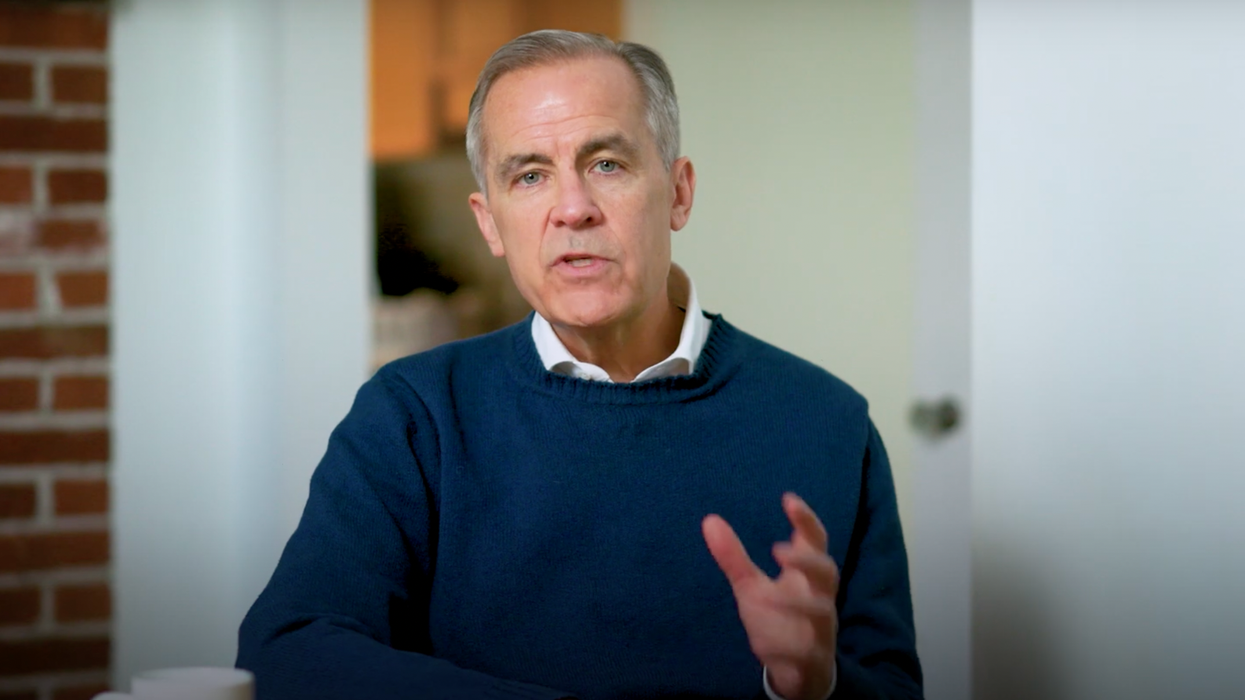With the election 28 days away, Liberal candidate and current Prime Minister Mark Carney has added another facet to his housing plan: getting Canada back into the business of homebuilding.
Proposed by the PM is the creation of Build Canada Homes (BCH), a federal entity that would build affordable housing, including on public land, catalyze a new housing industry, and provide financing to affordable homebuilders, according to the announcement.
The announcement is joined by newly released specifics surrounding Carney's housing plan, which aims to double the pace of housing construction to 500,000 homes a year by cutting red tape and taxes.
“We’re going to get the government back into the business of homebuilding, while partnering with workers and industry, and cutting taxes for home buyers – so more Canadians can buy their first homes," reads a quote from Carney.
It was 1993 when the federal government last had its hand in homebuilding, a year that marked the end of the co-operative housing program after it was nixed by Brian Mulroney's Conservative government. But federal involvement in homebuilding first grew out of a dire need for new housing during and following the Second World War. In response, then Prime Minister William Lyon MacKenzie King's government pulled off the delivery of around 46,000 housing units via the newly formed Wartime Housing Corporation, a precursor to the Canada Mortgage and Housing Corporation (CMHC).
With Canada's housing industry back in troubled waters, Carney is now proposing a similar route to recovery.
The idea is that BCH would act as a developer, planning and managing affordable housing projects, but partnering with private builders for the construction phase of projects. The entity would also acquire land for development and offer leases to build up Canada's affordable housing stock.
On top of growing supply, Carney says BCH would stimulate sustained demand for housing materials and skilled labour by issuing bulk orders of units from manufacturers. According to the release, financing would be directed at Canadian technologies and resources like mass timber and softwood lumber.
In order to distinguish itself from CMHC, all affordable housing programming, such as the Affordable Housing Fund and the Federal Lands Initiative, would be transferred to BCH's control.
Carney's BCH would also throw some substantial capital around, providing $10 billion in low-cost financing and capital to affordable home builders, $4 billion in long-term fixed-rate financing for affordable housing builders, and $6 billion for "rapidly building deeply affordable housing, supportive housing, Indigenous housing, and shelters," with $2 billion going to student and seniors' housing.
The announcement also came with more details on previous proposals surrounding catalyzing private capital, cutting red tape, and lowering the cost of homebuilding.
Most notably, plans include the reintroduction of a 70s-era tax incentive known as the Multiple Unit Rental Building (MURB), which fostered the production of nearly 200,000 rental housing units over a seven-year period. Though successful, the program has been criticized for serving as a tax shelter for real estate investors and for the fact that it did not require affordable housing minimums.
On the cost to build, Carney is pledging to cut municipal fees in half for multi-unit residential housing projects — a move that would shave $40,000 off the cost of a two-bedroom apartment in Toronto. To help cover costs, the feds would work with provinces and territories to make up the lost revenue for municipalities for a period of five years.
Plans also share that Carney aims to speed up development by publicly reporting on municipalities’ progress on their commitments under the Housing Accelerator Fund, eliminating duplicative inspections and streamlining regulations for prefabricated housing, and simplifying the Building Code, amongst a number of other reforms.
These actions would be accompanied by one of the PM's most dramatic pledges: eliminating GST on new home purchases for first-time homebuyers on properties up to $1 million — a promise one-upped last Tuesday by Conservative leader Pierre Poilievre who increased his previous promise to eliminate GST for all Canadians on new homes under $1 million to new homes under $1.3 million.
- Mark Carney Reaffirms Pledge To Eliminate GST For First-Time Homebuyers ›
- How Mark Carney and Chrystia Freeland Plan To Tackle Canada's Housing Crisis ›
- Poilievre Pledges To Waive GST On New Homes Under $1.3M ›
- Could Poilievre's Capital Gains Tax Break Worsen Housing Affordability? ›
- Federal Election Housing Ballot: Liberals Vs. Conservatives ›
- What Developers Want To See From The Next Federal Government ›
- GTA New Home Sales Hit Historic Low, Surpass 1990 Downturn ›
- Feds Outline Initial Vision For New 'Build Canada Homes' Entity ›
- Build Canada Homes Launches With $13B And First Round Of Projects ›





















